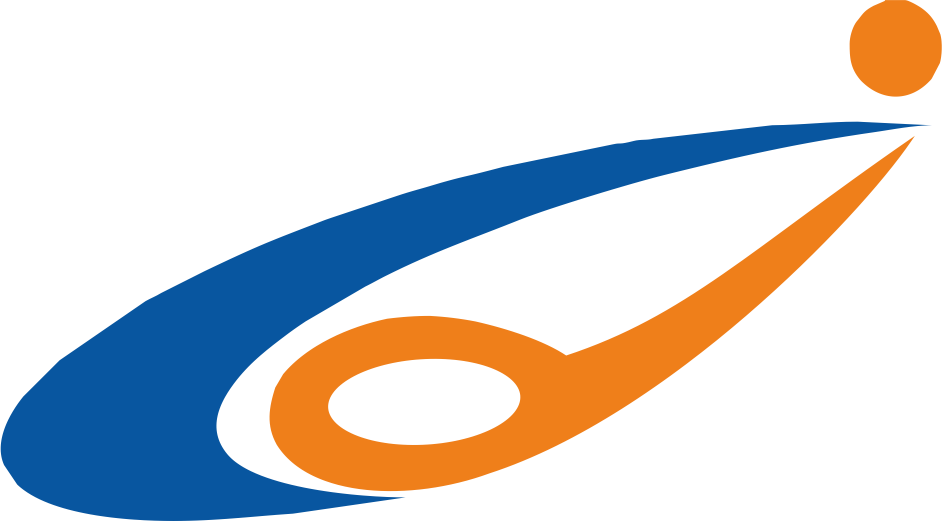
COSMOS EDUCATION
Education | Immigration | Internship
Location
101, 102, White House Building, S.V. Road, Andheri (W) Mumbai
Call Us
+91 869 100 8982

Education | Immigration | Internship
101, 102, White House Building, S.V. Road, Andheri (W) Mumbai
+91 869 100 8982
France is one of the most attractive destinations for international students, offering a perfect mix of academic excellence, cultural richness, and global career opportunities. With prestigious universities and top-ranking institutions offering programs in both English and French, students can pursue degrees in Business, Engineering, Fashion, Culinary Arts, Hospitality, Science, and more.
French education is known for its affordability, with low tuition fees, government-funded scholarships, and excellent student support services. International students also benefit from subsidized accommodation, transport discounts, and access to world-class healthcare. Beyond academics, France provides a vibrant lifestyle, rich history, and access to the entire European Union for travel and career growth.

France offers a dynamic, multicultural student experience that combines academic learning with an exceptional lifestyle. International students are welcomed into a country known for its history, culture, and vibrant social scene. Campuses are equipped with modern facilities, libraries, sports centers, and tech-enabled classrooms.
Student unions organize events, workshops, and cultural festivals, helping students build networks and friendships. With discounted access to museums, theaters, and public transportation, students can explore the rich French culture without stretching their budget. French cuisine, charming cafes, local markets, and weekend excursions to nearby countries add to the unforgettable experience. International student associations such as ESN France and France Alumni also offer guidance, social activities, and peer support to ease your transition.
The cost of living in France varies based on the city, lifestyle, and accommodation choice. On average, students should budget between €800 and €1,200 per month, which covers:
Students in cities like Lille, Lyon, and Grenoble generally face lower costs compared to Paris. Government-subsidized housing and financial aid (CAF) are also available to help reduce monthly expenses.
France follows the Bologna system, making it easy for students to transfer credits and continue studies across Europe. The three main pathways include:
Students can choose from public universities, private institutions, or Grandes Écoles, which are elite schools offering high-quality education, particularly in Business, Engineering, and Political Science.
Preparatory classes (CPGE), foundation courses, and French language schools are also available for students who need academic or language support before entering degree programs. Study options are flexible, and universities offer a mix of theoretical and practical learning, including internships, research, and project-based modules.
France offers a broad selection of programs across diverse disciplines. Popular fields of study include:
Tuition Fees:
Public Universities:
Private Universities & Grandes Écoles:
Many institutions offer scholarships, fee waivers, and grants for high-achieving international students through programs like the Eiffel Excellence Scholarship and university-specific funding.
France has several cities known for their academic reputation, student lifestyle, affordability, and global exposure:
Other notable cities: Montpellier, Nantes, Bordeaux, Grenoble, and Strasbourg.
Admission Process:
1. Choose your course and institution (via Parcoursup or directly through the university)
2. Prepare academic documents
3. Submit your application online and wait for the acceptance letter.
4. For Indian and Sri Lankan students, apply via Campus France platform for smooth coordination.
Visa Requirements – Long Stay Student Visa (VLS-TS):
Once in France, students must validate their visa online (within 3 months), which acts as a temporary residence permit.
International students in France can legally work part-time during their studies for up to 964 hours per year (~20 hours per week), including:
Minimum wage in France is approx. €11.65/hour, and students can earn enough to support part of their living expenses.
After graduation, students can apply for a temporary residence permit (APS) to look for full-time work or start a business. Graduates from Master’s or higher-level programs are eligible for post-study stay options lasting 12–24 months, depending on their qualification and nationality.
France is home to several international companies, tech hubs, and startups, making it easier for graduates to find work in fields like business, IT, healthcare, and engineering.
France’s education system is organized into clear stages:
Program Durations:
French universities balance theory with practical learning. Students develop critical thinking through structured essays, presentations, and debates. Many programs, especially in engineering, business, and sciences, include internships and project work.
In Grandes Écoles, class sizes are smaller with more interactive, hands-on learning. French language support is often available, though many Master’s degrees are offered in English.
French qualifications follow the Bologna system, making them recognized across Europe and internationally. Public institutions offer high-quality education at low tuition costs, even for international students.
English-taught programs are growing, especially at the Master’s level. Pathway and foundation programs are available for students needing academic or language preparation.





Machine Learning
Big Data & Analytics
Robotics and Smart Systems
Highly in demand due to France’s growing tech ecosystem.

Fashion Design & Styling
Interior Design
Graphic Design

Culinary Innovation
Hotel & Tourism Management

Biotechnology
Environmental Science
Public Health
Research-focused with options in English at the Master’s level.

European Studies
Global Affairs
Development Studies

European and International Law
Business Law
Humanitarian Law
Often combined with politics or international studies.
Test-Prep
TOEFL
SELT
Internship/Jobs
Call us on: +91 86910 08982
(Between 8AM to 6PM)
Mail us on: visa@cosmoseducation.in